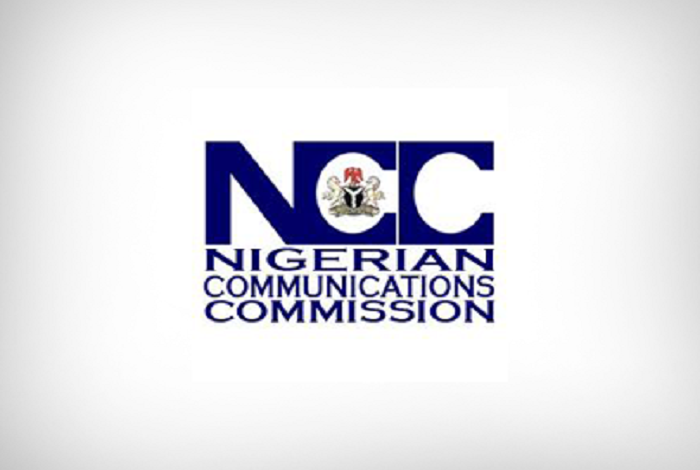The Nigerian Communications Commission (NCC) has advertised for licensing of infrastructure companies as part of its plans to actualise the National Broadband Plan and close the digital divide by making internet available, accessible and affordable.
The Executive Vice Chairman of the Commission stated this in Minna the Niger State capital, recently, while presenting a paper on the importance of ICT to the growth of the economy titled Achieving A Digital-Led Growth Through Information And Communication Technology with theme Leveraging On ICT For Sustainable Economic Development.
The event was organised by the budget office of the federation for the 36 States of the federation. The Executive Secretary was represented by the Director, Policy Competition and Analysis, Mrs. Josephine Amuwa.
“One of the things we are doing is to ensure that infrcos infrastructure companies are licensed.
we have put up advertisements for expression of interest and we have gotten a number of people who have shown interest building, so are working on it and soon we are going to announce these licenses.
with their coming in they will start to build their networks and that is how we are going to achieve the 30% by the end of the year. The digital divide cannot be breached at once so you have to do different things; the licencing, encouraging investments by making sure that investments come into the country. those are lots of things that you do to ensure that divide is not widened.
Funding has always been a challenge because you know ICT. you need a lot of funding to roll out any infrastructure. So we still encourage banks in Nigeria to support our operators and like I said we have the USB funds where we give subsidies to operators,” he stated.
He said that to make internet available, accessible and affordable the Commission has to encourage competition which will lead to reduction of data tariffs. He before you can talk of competition internet has to be first all available.
“One it is available; that’s why we talk about competition; if there is competition, competition drives down prices. It is only when there is no accessible that the price is high but when there is competition it becomes available and the prices come down,” he added.
He also admitted that there were challenges to the National Broadband Plan of achieving 30 per cent broadband penetration by 2018.
“Currently in Nigeria, more than 10 terabytes of telecommunications capacity exist at the landing point but is the deployment of fibre infrastructure across the country that will effectively distribute this capacity to the distribution nodes at the metropolitan areas of all regions of the country that will supply sufficient fibre capacity to the backbone,” he said. – Thisday.




